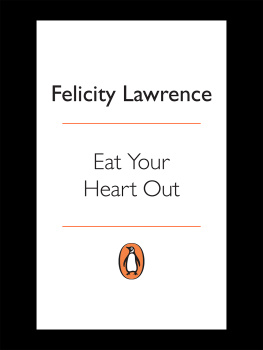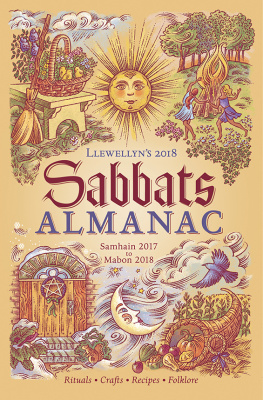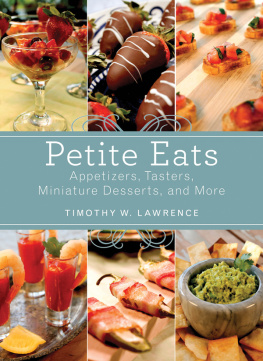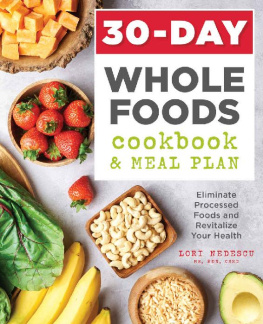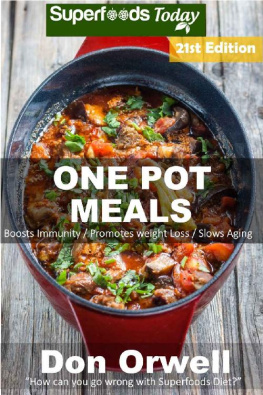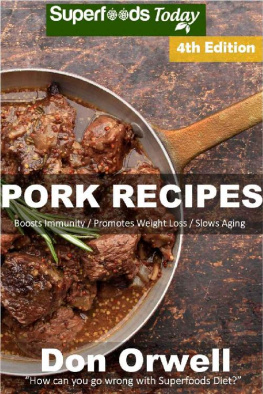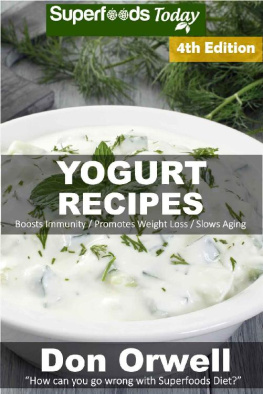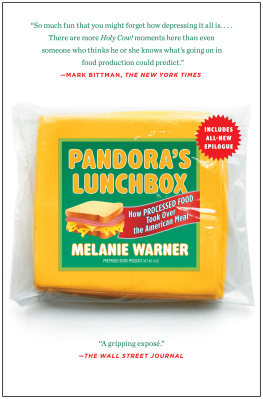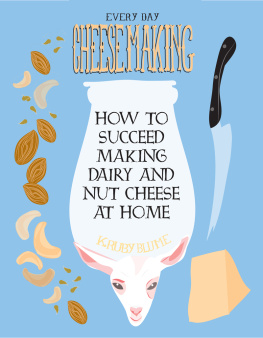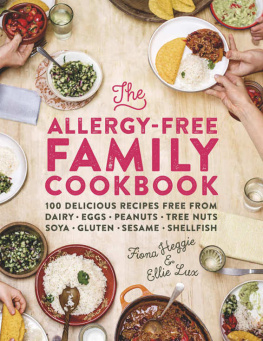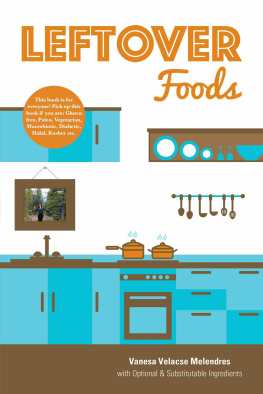PENGUIN BOOKS
Eat Your Heart Out
From the reviews for Not on the Label by Felicity Lawrence
I cant remember when a book made me more angry. Lawrences
book should be compulsory reading Nothing is what it says on
the packet Allison Pearson, Evening Standard
A devastating analysis of the food business Sunday Telegraph
Challenges each and every one of us to think again about what we
buy and eat. Its almost like uncovering a secret state within the state
Andrew Marr, BBC Radio 4s Start the Week
A thorough, complex and shocking insight into the food we eat in
the twenty-first century Perhaps this should be sold as the most
effective diet book ever written Daily Mail
A brave examination of the calamities caused by a policy
laughingly called one of "cheap food"
Jeremy Paxmans Book of the Year, Observer
There are not many books that make you radically reconsider
everyday choices: Lawrences superb and chilling study of the
supermarket and its impact on diet certainly will. The facts simply
stagger This is an excellent book: balanced, polemical and
genuinely challenging Scotland on Sunday
A stark, challenging and compelling book The Sunday Times
Felicity Lawrences horrifying account of how the food we eat is
produced doesnt make for a good nights sleep but is compulsively
readable. It is the sort of book that changes attitudes Evening Standard
Required reading Mail on Sunday
Felicity Lawrence blends sleuthing and science with an appetite-killing
flair. Her expos of the costs of our year-round food
cornucopia leaves no packet unscanned, and very few undamned
Independent
Everyone should read this award-winning investigative journalists
book, and I have never said that about any book before. Probably one
of the most important written this century Newbury Advertiser
A blistering expos of the global food industry, focusing on the role
supermarkets play in deciding what we eat and how it gets to us
This is a great book that anyone who eats should read. It is also a
fantastic diet aid you may never eat again! Bookmunch
If there is one book you read this year, read this one. It is gripping,
factual reporting Home & Family
Required reading Riveting Image
If you are brave enough and would like to know more about how
what we eat affects our environment, read Not on the Label
Move to the Country
Remarkable. We urge you to read this book Ecologist
ABOUT THE AUTHOR
Felicity Lawrence is an award-winning journalist and editor who began writing on food-related issues over twenty years ago. Her previous book, Not on the Label, won the Guild of Food Writers Jeremy Round Award for Best First Book 2005 and a special commendation in the Andre Simon Awards 2004. She has twice been awarded the Guild of Food Writers Derek Cooper Award for Investigative Food Writer of the Year, and has twice been shortlisted for Specialist Reporter of the Year at the British Press Awards. She is Special Correspondent for the Guardian and lives in London.
Eat Your Heart Out
Why the Food Business is Bad for the
Planet and Your Health
FELICITY LAWRENCE

PENGUIN BOOKS
PENGUIN BOOKS
Published by the Penguin Group
Penguin Books Ltd, 80 Strand, London WC2R 0RL , England
Penguin Group (USA) Inc., 375 Hudson Street, New York, New York 10014, USA
Penguin Group (Canada), 90 Eglinton Avenue East, Suite 700, Toronto, Ontario, Canada M4P 2Y3
(a division of Pearson Penguin Canada Inc.)
Penguin Ireland, 25 St Stephens Green, Dublin 2, Ireland (a division of Penguin Books Ltd)
Penguin Group (Australia), 250 Camberwell Road, Camberwell, Victoria 3124, Australia
(a division of Pearson Australia Group Pty Ltd)
Penguin Books India Pvt Ltd, 11 Community Centre, Panchsheel Park, New Delhi 110017, India
Penguin Group (NZ), 67 Apollo Drive, Rosedale, North Shore 0632, New Zealand
(a division of Pearson New Zealand Ltd)
Penguin Books (South Africa) (Pty) Ltd, 24 Sturdee Avenue,
Rosebank, Johannesburg 2196, South Africa
Penguin Books Ltd, Registered Offices: 80 Strand, London WC2R 0RL , England
www.penguin.com
First published 2008
1
Copyright Felicity Lawrence, 2008
All rights reserved
The moral right of the author has been asserted
Except in the United States of America, this book is sold subject
to the condition that it shall not, by way of trade or otherwise, be lent,
re-sold, hired out, or otherwise circulated without the publishers
prior consent in any form of binding or cover other than that in
which it is published and without a similar condition including this
condition being imposed on the subsequent purchaser
978-0-14-191960-7
For Matt, Ellie, Cecy and Anna
Contents
Preface
Four years ago I wrote a book called Not on the Label to explain how the food of our modern industrialized diets is made. Like many people I had become disconnected from the processes involved in getting that food on to my plate. It was a revelation then to me as well as to others that a chicken nugget might consist of chopped up skin and fat disguised by additives rather than be made of lean meat, or that the pristine packs of washed, fresh salad I used to buy in supermarkets generally emerged from factory baths of chlorine thanks to hidden armies of poorly paid migrant workers. I found myself exploring a brave new world in which independent shops, local distribution networks and small farmers around the world were being squeezed out with alarming speed to be replaced by increasingly centralized and industrialized processes that are greedy of fossil-fuel energy and that concentrate the money made from food in the hands of a few corporations. Quite apart from epidemics of obesity, heart disease and cancer, the food this system produced just didnt taste very nice.
I was overwhelmed and humbled by the response to that first book. I lost track of the hundreds of letters and emails I received from people kind enough to tell me how they had changed their way of eating and shopping, or even their whole lives, after reading it. For some, change meant considerable personal inconvenience or upheaval there was the elderly couple from Cornwall who vowed never to shop in supermarkets again having read about the working conditions of migrants; there was the city dealer who decided to reconnect with the land, giving up his lucrative career for a smallholding and a more sustainable life. I heard from dozens of people who had started their own campaigns, dozens more who had joined food co-ops, become part of fair trade towns, sought out farmers markets, started using breadmakers, or simply gone back to cooking.
In the last four years our understanding has moved on. Concern about the quality of our food and about the wider social and environmental impacts of the way it is produced has at last become the stuff of the mainstream. Celebrity TV chefs have taken up the cause of improving diets and used the all-powerful medium of television to spread the message.
But what has struck me more recently is that while we have become more equipped to chose food that is better for our own health and that of the planet than we were just a few years ago, many of the connections still remain opaque. I find people ask me whether a particular food is all right, whether this brand might be better than that, or one particular retailer better than another, or a new apparently miracle food or technology might be the answer, when what we need for real understanding of the system and what we are being sold is knowledge of how the whole works and why it developed the way it did. What are the forces, economic, political, cultural, that led us down the path of degraded industrialized food in the first place? Where will those forces take us next, if the fundamentals are not changed? How do hunger and migration in one part of the world connect with obesity and ill-health in another? As climate change accelerates, and pressure on resources grows, the answers seem ever more urgent.

